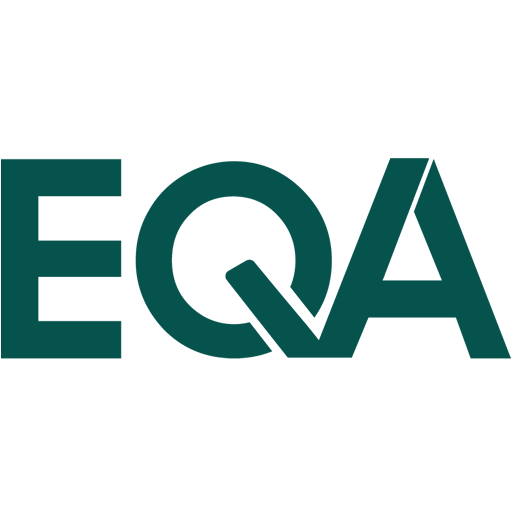
UNE 179003 – Patient Safety
The purpose of the UNE 179003 Standard is to establish correct risk management for patient safety in healthcare services. It is applicable to any organisation that wishes to:
- Establish a risk management system for the safety of its patients, in order to minimise the risks to which they may be subjected during healthcare.
- Maintain and optimise a patient safety risk management system over time.
Benefits of UNE 179003 certification
With the UNE 179003 Standard certification, the following benefits are obtained:
- Obtaining better economic results for the organisation by reducing expenditure due to the consequences of the materialisation of risks.
- Optimisation of the management of healthcare and non-healthcare services.
- Provides continuous improvement in the quality of the service provided to patients.
- Differentiation of healthcare centres that adopt this standard, making it easier for patients to choose services, as it provides patients with a guarantee of quality, safety, reliability and transparency of service.
- Increases patient loyalty due to its recognition in the market.
UNE 179003 Certification with EQA
The UNE 179003 certification process with EQA involves the following phases:
- Request for a certification quote from EQA and acceptance of the contractual conditions.
- The audit team carries out an audit to verify conformity in accordance with the requirements of this standard.
- If non-conformities are detected, a corrective action plan is submitted to EQA within one month to address these possible non-compliances with the standard detected during the audit.
- Finally, after reviewing the audit report and the corrective action plan, a certificate of conformity is issued.
The certificate is valid for three years.
Frequently Asked Questions
Requirements of UNE 179003
The main processes that are evaluated in UNE 179003 are:
GENERAL REQUIREMENTS FOR RISK MANAGEMENT
- Top management leadership in risk management and risk management policy.
- Risk management system planning and objectives.
- Risk management responsibility and authority.
- Resource allocation and staff competence.
- Verification and review of the risk management system.
- Risk management system audits.
RISK MANAGEMENT PROCESSES
- Analysis of the context in which the risk management system is implemented.
- Communication, notification, participation and consultation systems.
- Definition of the criteria for risk assessment.
- Risk assessment and risk treatment.
- Recording of process activities.
- Monitoring and review of results.
Aspects regulated by UNE 179003
For risk management in a healthcare organisation to be successful, effective and sustainable over time, it must be explicitly formulated as one of the organisation’s strategic objectives, based on:
- Analysis of the context in which the risk management system is implemented.
- Communication, notification, participation and consultation systems.
- Definition of the criteria for risk assessment.
- Risk assessment and treatment.
Guarantees of the UNE 179003
The UNE 179003 Standard establishes the following guarantees:
- Integration with the ISO 9001 Quality Management standard.
- Identifying and assessing the risks to which the patient is subjected.
- Reducing or eliminating the dangers to which the patient may be subjected during their transit through the healthcare system.
- Reduce incidents and adverse events related to healthcare.
- Proactively manage risks.
- Generate greater confidence in the healthcare system on the part of patients, society and healthcare professionals.
- Achieve better clinical outcomes.
- Obtain better economic results for the organisation by reducing both the costs of harm to patients and better use of healthcare resources.
Complementary standards to UNE 179003
There are a series of standards that must be consulted in order to apply UNE 179003. They are the following:
- UNE-EN 31010:2011. Risk management. Risk assessment techniques.
- UNE-EN ISO 9000:2005. Quality management systems. Fundamentals and vocabulary.
- UNE-ISO 31000:2010. Risk management. Principles and guidelines.
- UNE-ISO Guide 73:2010 IN. Risk management. Vocabulary.
Contact us for more information on UNE 179003
Follow us
Tel. +34 913 078 648